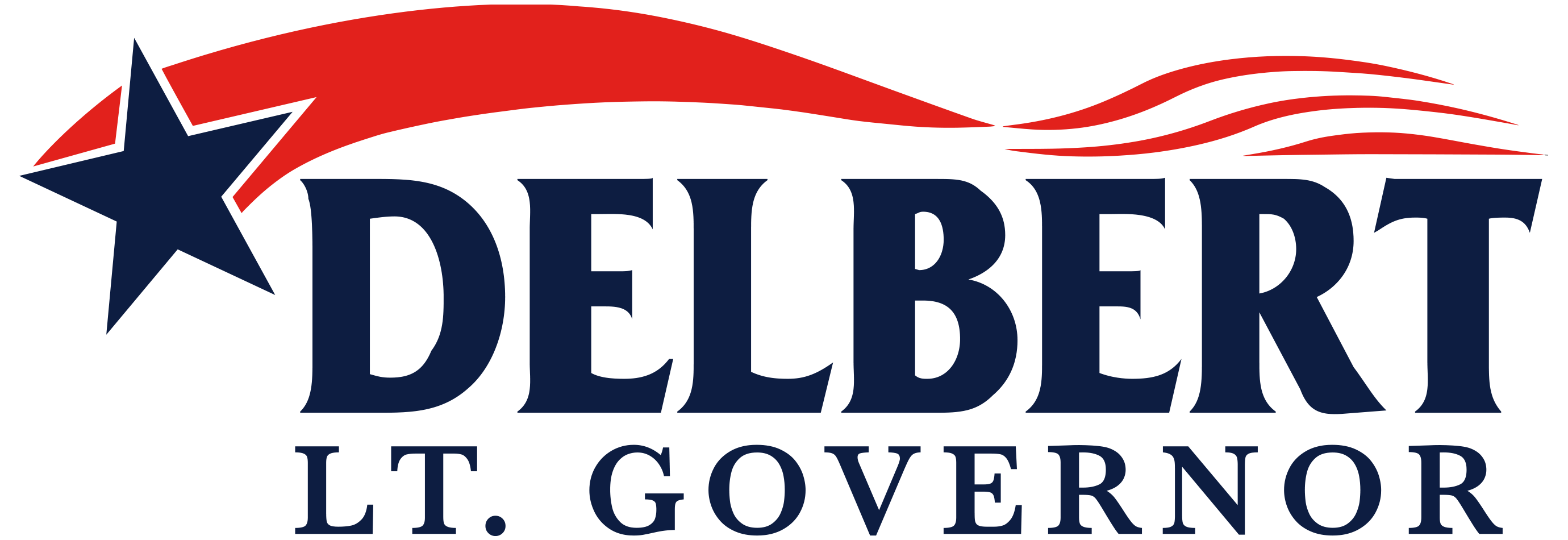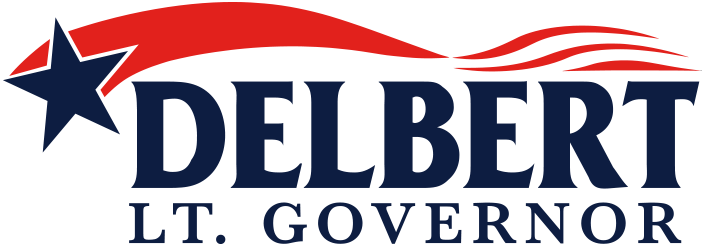Tupelo, Miss. (Daily Journal)-
Secretary of State Delbert Hosemann is touting continuing efforts to strengthen the electronic security of the state’s voting system even as he fears that voter mistrust in ballot security may foster apathetic turnout.
Hosemann said he’s been focused on cybersecurity efforts for years now. The 2016 presidential election strengthened his resolve to continue such measures.
“I think 2016 just brought to light some of the fears I had,” Hosemann told the Daily Journal during a visit to Tupelo on Tuesday.
The secretary of state described ongoing but unsuccessful attempts to hack into the state’s electronic voting systems, including digital voter registration records, prior to the most recent presidential election.
“We were having probably 2,000 to 3,000 active penetration attempts a month,” Hosemann said. “It just highlighted for me that we have to have significant security.”
Encryption, additional fire walls and two-factor authentication are among the measures now in place to guard the state’s election infrastructure.
Two-factor authentication, for example, requires that local election officials, including election commissioners and circuit clerks, verify themselves with the secretary of state’s office before locally logging into a statewide voting system.
Money for local cybersecurity will also be available to Mississippi’s counties from the federal government and the secretary of state’s office.
And even as he vouches for the safety of electronic voting, Hosemann suggested some counties may want to consider taking a fresh look at paper ballots.
“I’m hopeful that more people will look at that, at the paper system,” Hosemann said.
Lee County is one of only seven counties in the state using paper ballots, which are then electronically scanned ahead of vote counting.
Supervisors in Lee County have been adamant in recent years that they want to retain the paper-based system.
However, Hosemann also fears a more homegrown threat to election integrity: apathy. He described turnout during primary runoffs in June as abysmal.
About 13 percent of registered voters participated in primary elections early in June.
A speaking appearance before the Tupelo Rotary Club Tuesday offered Hosemann an outlet to promote his message to local voters that their ballots count and are safe from disruption attempts.
In a fresh get-out-the-voter effort, Hosemann’s office is also unveiling a program to vote in honor of a soldier. Participants can submit information about a military service member and receive a sticker to wear when casting a ballot.
Hosemann also hopes that with two U.S. senate seats on the ballot this November, voter interest will be higher in the fall.
“You’d think people would be interested in taxes and whether or not we go to war and who sits on the Supreme Court, but we’ll see,” Hosemann said.

